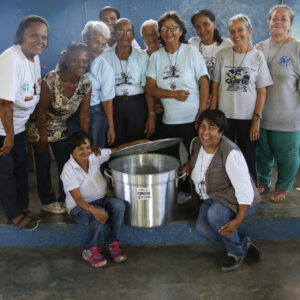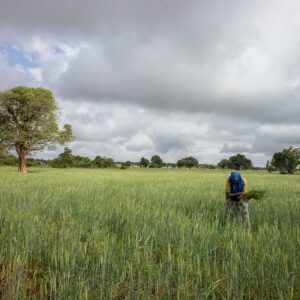The Caritas Internationalis Venezuela Working Group (GTV), established in 2018 by Caritas delegations from Europe, the United States and Latin America to address the crisis faced by vulnerable Venezuelans inside and outside their country, agreed to extend its mandate in view of the intensity of this protracted humanitarian crisis that continues to affect millions of ...
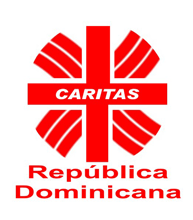
Address: Calle Coronel Rafael Fernández Domínguez, Esq. Calle 51, Ensanche La Fe, Apartado 254, Santo Domingo, Dominican Republic
Postal Address: Apdo. 254 Santo Domingo, República Dominicana
Telephone: +1 809 565 7746 Fax: +1 809 565 3228
Email: [email protected]
Facebook: caritasdominicana Twitter: @caritasdom
www.caritas.org.do
Established in 1961, Caritas Dominican Republic started its actions primarily with the distribution of humanitarian aid donated by the United States government. In the late 1970s, Caritas Dominican Republic underwent a clear process of change regarding its role in society and in the Church and reflected on its task, which led it towards the field of human promotion.
The organisation aims to respond to the fundamental needs of the most vulnerable groups in society, through education, organisation and management of resources in order to implement projects geared towards promotion of the integral development of the person, the family and the community.
The most important areas of operation include: health, infrastructure and housing, water and basic sanitation, production and commercialisation, training and capacity building, institutional capacity building, risk and emergency management, food security.
Caritas Dominican Republic consists of a national office with coordination, supervision, technical support and service functions. Network projects are implemented by two archdiocesan Caritas, nine diocesan Caritas and one Caritas in neighbouring Haiti.
In the Caribbean zone, Caritas Dominican Republic supports and jointly operates with Caritas from the zone. For example, its operations on the border in coordination with the Caritas Haiti. At international level, it works jointly with Catholic Relief Services (CRS) from the United States, and with European Caritas such as Caritas Spain and Caritas Germany, as well as with other organisations: the Spanish Agency for International Development Cooperation (AECID), the Madrid region, Caja Madrid, the United States Agency for International Development (USAID) and UNICEF among others.
At national level, it involves local government authorities and government organisations present in an area of operation, and also coordinates with government ministries in order to comply with current policies and regulations in the various sectors in which it is engaged. In emergency situations, its strategy is to complement – and never to replace – the role of government organisations.
Updates from Dominican Republic

Caritas Mexicana, a Woman in Charge of Pastoral Activity: I am an Afro-Mexican woman, I carry in my throat the voice of my ancestors: my mother’s, my grandmothers’, my great-great-grandmothers’. In my travels through a large part of this beautiful Latin American and Caribbean continent, I have discovered different faces, especially the faces of black ...
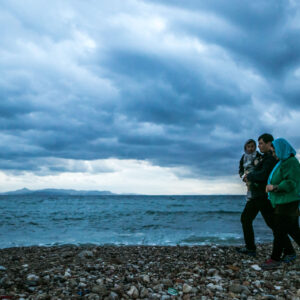
On World Refugee Day (June 20) Caritas Internationalis wants to highlight the strength and courage of millions of people worldwide who have left their homelands and have undertaken dangerous journeys to escape conflict, persecution or violence, extreme poverty, natural disasters or climate change. In over 200 countries, Caritas is a witness to the inspiring hope ...
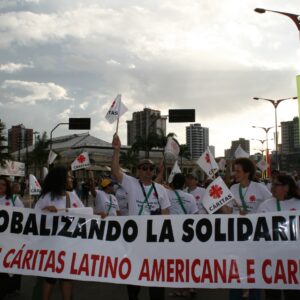
In view of a renewed people-centred and hope-giving EU-CELAC partnership, Caritas Europa, Cáritas de América Latina y Caribe, COMECE and CELAM, in collaboration with Caritas Internationalis, wish to contribute to the upcoming Summit and beyond with reflections, best practices and recommendations based on their daily experience of accompaniment and engagement at the side of people ...
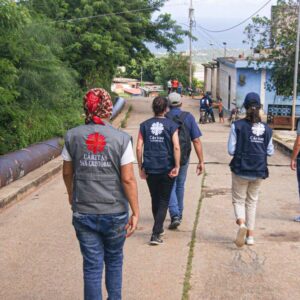
Alessandra Arcidiacono, a member of the humanitarian team at the Caritas Internationalis General Secretariat, is following the Caritas response to the crisis in Venezuela. Since 2017, nearly 6 million Venezuelans have migrated to neighbouring countries in Latin America due to political and socioeconomic instability within the country. Alessandra, you were recently in Venezuela to discuss ...
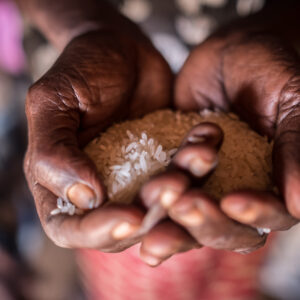
“Encouraged by the Holy Father’s initiative and support, we have begun to work together, with the staff, regional secretariats and member organisations, in order to carry forward and strengthen the mission of the Caritas Confederation at the service of the poorest and most vulnerable”. These are the words of Pier Francesco Pinelli, appointed by Pope ...
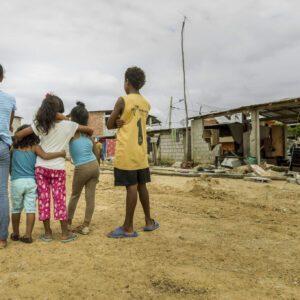
Ecuador is one of the most biodiverse places in the world. From the Amazon rainforest, Andean highlands, coastal mangroves to the cloud forests. It harbours more than two thirds of the world’s biodiversity. At the same time, there are several problems associated with the violation on human rights of the communities that inhabit all these ...
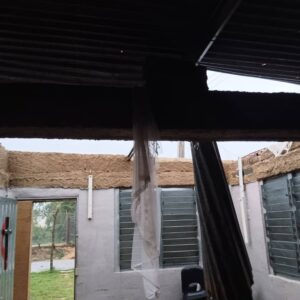
One week since Hurricane Ian crossed the western part of Cuba, thousands of people are left without electricity, adequate food, water and communication services due to widespread damage to housing, infrastructure and the agricultural sector in the provinces of Pinar del Rio, Artemisa, Mayabeque and Havana. At least 36,700 homes in the hurricane-affected regions have ...
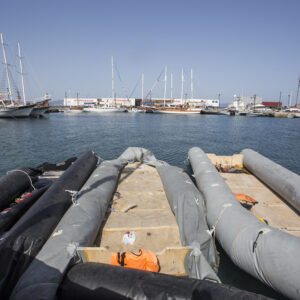
On this World Day of Migrants and Refugees, we join local churches and other faith-based communities in addressing the basic human needs of migrants and refugees who are forced to flee their homes and countries

